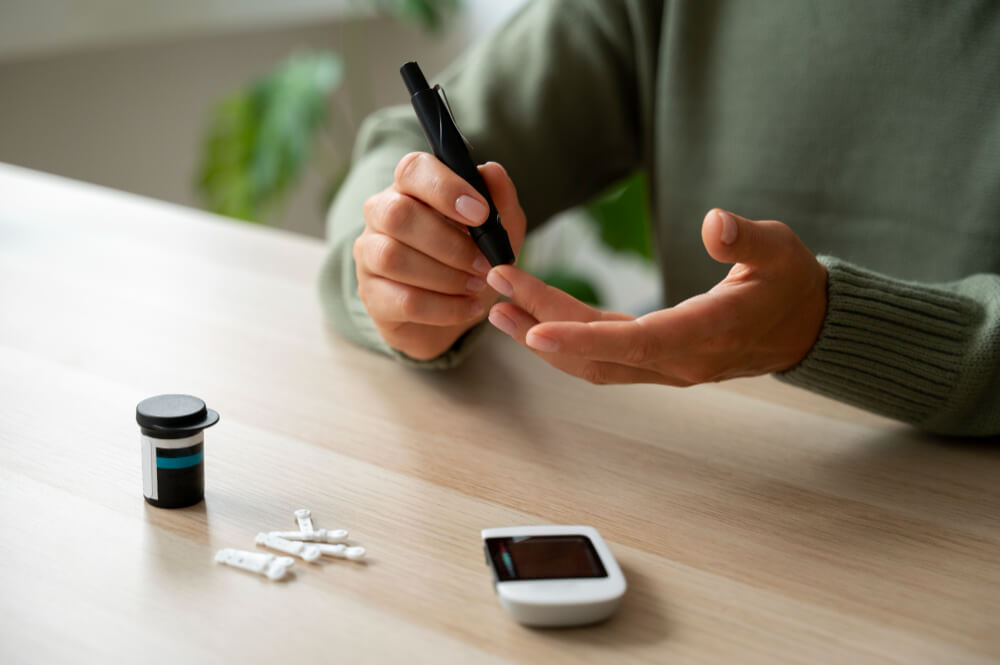Adult Primary Care: Optimizing Your Diabetes Health
Diabetes, a chronic condition characterized by high blood sugar levels, affects millions of people worldwide. Effective diabetes management requires a multi-faceted approach, including regular check-ups with a primary care physician, medication adherence, healthy lifestyle choices, and self-monitoring.

The Role of Primary Care Physicians in Diabetes Management
Primary care physician are the cornerstone of diabetes care. They play a vital role in:
Diagnosis and Assessment
- Medical History: Gathering a detailed medical history, including family history of diabetes.
- Physical Examination: Assessing for signs and symptoms of diabetes and its complications.
- Laboratory Tests: Ordering blood tests to measure blood sugar levels, hemoglobin A1c, and other relevant markers.
Treatment Planning
- Medication Management: Prescribing appropriate medications, such as insulin or oral medications, to control blood sugar levels.
- Lifestyle Counseling: Providing guidance on diet, exercise, and stress management.
- Regular Check-ups: Scheduling regular check-ups to monitor blood sugar levels, blood pressure, and cholesterol.
Monitoring and Adjustment
- Blood Sugar Monitoring: Educating patients on how to monitor their blood sugar levels at home.
- Adjusting Treatment Plans: Modifying medication dosages or treatment plans as needed.
- Addressing Complications: Identifying and managing potential complications, such as heart disease, kidney disease, and nerve damage.
The Importance of Lifestyle Modifications
Lifestyle modifications are essential for effective diabetes management.
Healthy Eating
- Balanced Diet: Consuming a balanced diet rich in fruits, vegetables, whole grains, and lean protein.
- Portion Control: Practicing portion control to avoid overeating.
- Carbohydrate Counting: Monitoring carbohydrate intake to manage blood sugar levels.
Regular Physical Activity
- Aerobic Exercise: Engaging in activities like walking, running, or swimming.
- Strength Training: Building muscle mass to improve insulin sensitivity.
- Consistency: Aim for at least 30 minutes of moderate-intensity exercise most days of the week.
Stress Management
- Stress Reduction Techniques: Practicing relaxation techniques like meditation, yoga, or deep breathing.
- Adequate Sleep: Getting sufficient sleep can help regulate blood sugar levels.
- Healthy Coping Mechanisms: Developing healthy ways to cope with stress and anxiety.
Self-Monitoring and Blood Sugar Control

Self-monitoring of blood sugar levels is crucial for effective diabetes management.
Blood Glucose Meters
- Regular Testing: Checking blood sugar levels before meals, two hours after meals, and at bedtime.
- Blood Glucose Logs: Recording blood sugar readings to track trends and identify patterns.
Continuous Glucose Monitoring (CGM)
- Real-Time Monitoring: Providing continuous glucose readings throughout the day and night.
- Alert System: Alerting the user to high or low blood sugar levels.
The Role of Technology in Diabetes Management
Technology has revolutionized diabetes management.
Diabetes Apps
- Tracking Blood Sugar Levels: Recording blood sugar readings, medication intake, and meal plans.
- Setting Reminders: Reminding users to take medications, test blood sugar, or exercise.
- Providing Education: Offering educational resources and tips for managing diabetes.
Telehealth
- Remote Consultations: Connecting with healthcare providers for virtual appointments.
- Remote Monitoring: Sharing health data with healthcare providers for monitoring and adjustments to treatment plans.
Conclusion
By working closely with a primary care physician and adopting healthy lifestyle habits, individuals with diabetes can effectively manage their condition and live fulfilling lives. Regular check-ups, medication adherence, and self-monitoring are key to achieving optimal blood sugar control and preventing complications.
Schedule an appointment with our Adult primary care services for effective diabetes management (432) 322-8675 Or visit us https://sccodessa.com/
